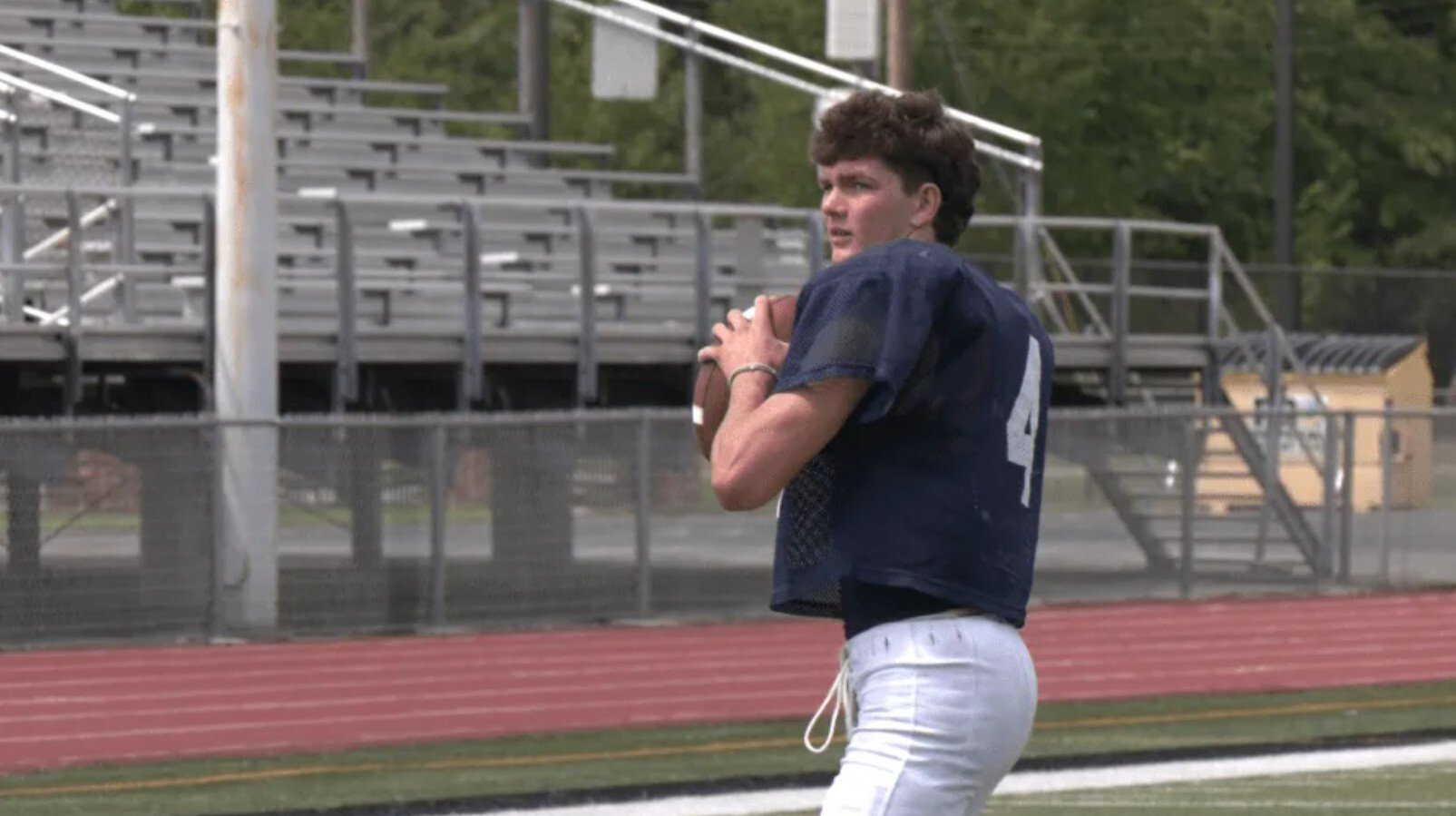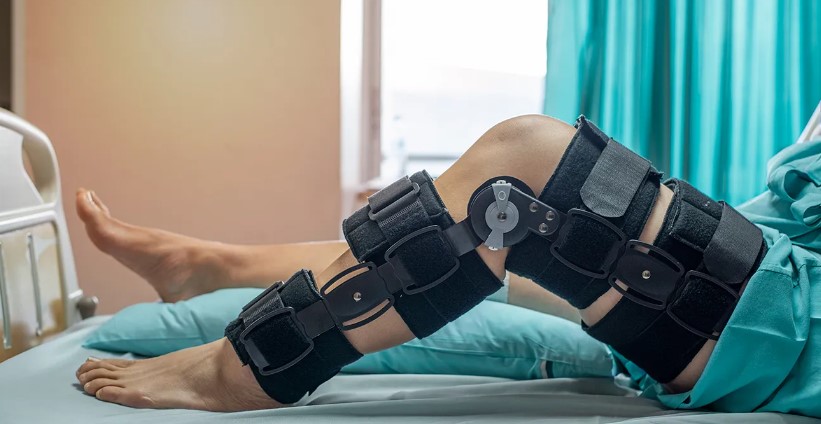From the Field to the Force: Bridging the Gap in Concussion Care

Concussions and traumatic brain injuries have been widely discussed in sports, particularly in football, leading to significant awareness and protocol changes.
 However, similar progress has not extended to law enforcement, where officers frequently experience head trauma on duty.
However, similar progress has not extended to law enforcement, where officers frequently experience head trauma on duty.
“Concussions really haven't been well-assessed and treated until pretty recently,” said Dr. Jaclyn Caccese, assistant professor at Ohio State University Wexner Medical Center. “Even as late as the ‘90s, it was ‘suck it up and get back out there.’”
A study co-authored by Caccese, funded by the U.S. Department of Defense, examined concussion prevalence among 381 Ohio law enforcement officers.
Findings revealed 74% had suffered at least one head injury, 30% experienced on-duty concussions, and over half reported symptoms like confusion, memory loss, or unconsciousness. Despite this, fewer than 25% sought medical care.
“Being physically fit is critical because my colleagues and community depend on me,” said Franklin County Sheriff’s Deputy Josh Walters, a co-author of the study.
Unlike in sports, where concussed athletes are immediately evaluated, officers often continue working in dangerous situations, delaying treatment and recovery. Emergency rooms may also overlook concussions, focusing on life-threatening injuries instead.
“If a player gets a concussion, a full medical staff evaluates him,” said Caccese. “Officers don’t have that luxury. They decide for themselves if they need medical attention.”
To address this, Caccese advocates for structured return-to-duty protocols and increased awareness.
“Now we have data to present to leadership,” said Walters. “Here’s the problem, and here’s how we can fix it.”
With better education and protocols, law enforcement can ensure officers receive the care they need.
“These officers protect us,” said Caccese. “We need to protect them.”
Read the full story here!
![HR Logo [Recovered]_Full Color Vertical-1](https://blog.healthyroster.com/hs-fs/hubfs/HR%20Logo%20%5BRecovered%5D_Full%20Color%20Vertical-1.png?width=199&height=178&name=HR%20Logo%20%5BRecovered%5D_Full%20Color%20Vertical-1.png)
 By
By


